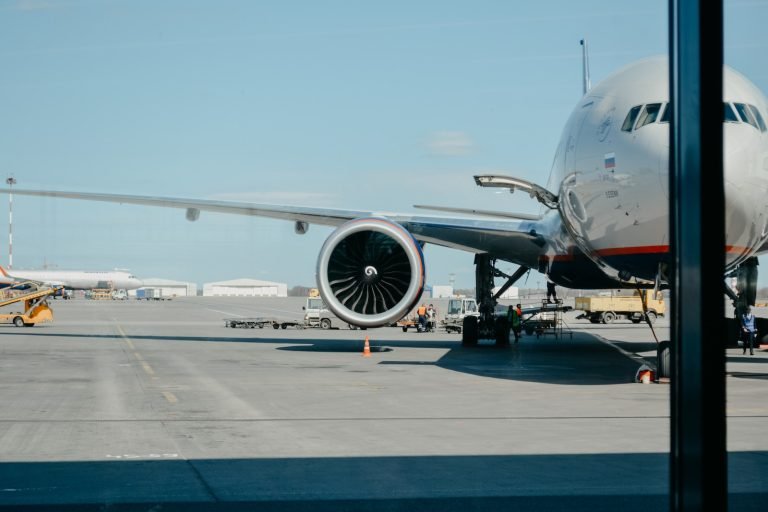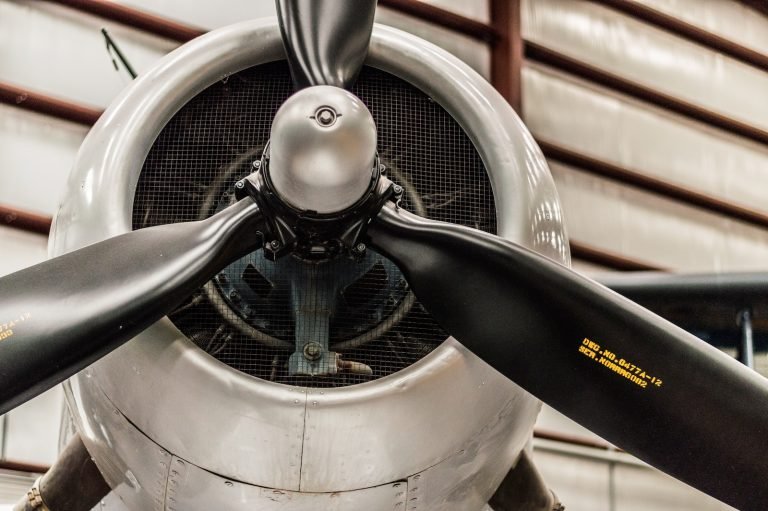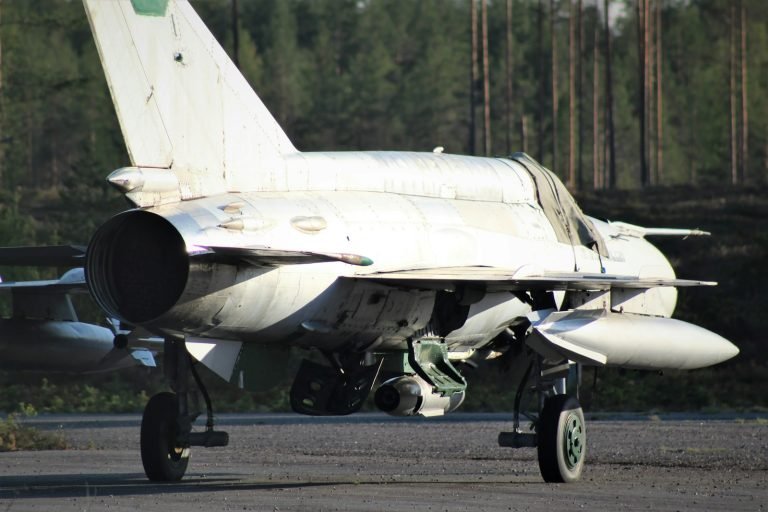Understanding the Importance of Insurance Coverage for Construction Equipment
Outline
I. Introduction
- A. Definition of Construction Equipment
- B. Importance of Insurance in the Construction Industry
II. Risks Faced by Construction Equipment
- A. Accidents and Damages
- B. Theft and Vandalism
- C. Natural Disasters
III. Types of Insurance Coverage
- A. General Liability Insurance
- B. Property Insurance
- C. Inland Marine Insurance
- D. Workers’ Compensation
IV. Benefits of Insurance for Construction Equipment
- A. Financial Protection
- B. Compliance with Regulations
- C. Peace of Mind for Business Owners
V. Factors to Consider When Choosing Insurance
- A. Type of Construction Equipment
- B. Coverage Limits
- C. Deductibles and Premiums
VI. Case Studies
- A. Real-life Examples of Insurance Saving Construction Businesses
- B. Impact on Business Continuity
VII. Tips for Lowering Insurance Costs
- A. Safety Measures
- B. Regular Maintenance
- C. Working with an Experienced Broker
VIII. Future Trends in Construction Equipment Insurance
- A. Technological Advancements
- B. Customized Insurance Solutions
IX. Conclusion
- A. Recap of the Importance of Insurance Coverage
- B. Encouragement for Businesses to Invest in Adequate Coverage
Understanding the Importance of Insurance Coverage for Construction Equipment
The construction industry is a dynamic and challenging field that involves the use of heavy machinery and equipment. In this article, we will delve into the crucial aspect of insurance coverage for construction equipment, highlighting its significance in mitigating risks and ensuring the smooth operation of construction businesses.
I. Introduction
A. Definition of Construction Equipment
Construction equipment encompasses a wide range of machinery, including excavators, bulldozers, cranes, and more. These tools play a pivotal role in the execution of construction projects, making them invaluable assets for businesses in the industry.
B. Importance of Insurance in the Construction Industry
Insurance serves as a protective shield for construction companies, offering financial support in the face of unexpected events. In the context of construction equipment, insurance becomes a vital necessity due to the inherent risks associated with the usage of heavy machinery.
II. Risks Faced by Construction Equipment
A. Accidents and Damages
Construction sites are inherently hazardous environments, and accidents leading to equipment damage are not uncommon. Insurance coverage steps in to cover the repair or replacement costs, preventing a financial burden on the business.
B. Theft and Vandalism
Theft and vandalism pose significant threats to construction equipment, especially when machinery is left unattended on job sites. Insurance policies tailored for construction equipment provide coverage against such criminal activities.
C. Natural Disasters
Unforeseen events like earthquakes, floods, or hurricanes can wreak havoc on construction sites. Insurance coverage ensures that the financial repercussions of these disasters are minimized, allowing businesses to recover swiftly.
III. Types of Insurance Coverage
A. General Liability Insurance
This type of insurance safeguards construction businesses from third-party claims related to bodily injuries or property damage caused by construction activities.
B. Property Insurance
Property insurance covers damage or loss of physical assets, including construction equipment. It provides financial support for repairing or replacing damaged machinery.
C. Inland Marine Insurance
Inland marine insurance is specifically designed for equipment that is frequently in transit. It offers protection against damages that may occur during transportation.
D. Workers’ Compensation
Workers’ compensation insurance ensures that employees injured on the job receive medical benefits and compensation for lost wages, reducing legal liabilities for the business.
IV. Benefits of Insurance for Construction Equipment
A. Financial Protection
Insurance acts as a financial safety net, preventing unexpected events from crippling a construction business financially. It allows companies to focus on their projects without constant worry about potential losses.
B. Compliance with Regulations
Many regions and construction contracts require businesses to have insurance coverage. Having the right insurance ensures compliance with legal and contractual obligations, preventing legal issues that could arise without it.
C. Peace of Mind for Business Owners
Knowing that construction equipment is adequately insured provides peace of mind for business owners. It allows them to concentrate on strategic planning and growth rather than constantly worrying about the unpredictable nature of the construction industry.
V. Factors to Consider When Choosing Insurance
A. Type of Construction Equipment
Different types of construction equipment may require different insurance coverages. Understanding the specific needs of each piece of machinery is crucial when selecting insurance policies.
B. Coverage Limits
Businesses must carefully evaluate and choose coverage limits that align with the value of their equipment and potential risks. Inadequate coverage can leave a business vulnerable in case of a significant loss.
C. Deductibles and Premiums
Balancing deductibles and premiums is essential. Higher deductibles may lower premiums but increase out-of-pocket expenses in case of a claim. Striking the right balance ensures affordability without compromising coverage.
VI. Case Studies
A. Real-life Examples of Insurance Saving Construction Businesses
Exploring instances where insurance coverage played a pivotal role in saving construction businesses from financial ruin provides practical insights into the real benefits of being adequately insured.
B. Impact on Business Continuity
Examining how insurance contributes to maintaining business continuity during challenging times showcases its role in ensuring the sustainability of construction companies.
VII. Tips for Lowering Insurance Costs
A. Safety Measures
Implementing robust safety measures on construction sites can reduce the frequency and severity of accidents, potentially leading to lower insurance premiums.
B. Regular Maintenance
Frequent maintenance of construction equipment not only enhances operational efficiency but also signals to insurers that the business is proactive in risk mitigation, possibly leading to lower premiums.
C. Working with an Experienced Broker
Engaging with experienced insurance brokers specializing in construction can help businesses navigate the complexities of insurance, ensuring they find the most cost-effective and comprehensive coverage.
VIII. Future Trends in Construction Equipment Insurance
A. Technological Advancements
The integration of advanced technologies, such as telematics and IoT, into construction equipment is shaping the future of insurance. These technologies provide real-time data that can be leveraged for more accurate risk assessment and personalized insurance solutions.
B. Customized Insurance Solutions
The future of construction equipment insurance lies in tailoring coverage to specific business needs. Customized insurance solutions will become more prevalent, allowing businesses to optimize coverage based on their unique circumstances.
IX. Conclusion
A. Recap of the Importance of Insurance Coverage
In conclusion, insurance coverage for construction equipment is not just a financial safeguard but a strategic necessity for businesses in the construction industry. The risks associated with heavy machinery make insurance a critical component of sustainable and resilient construction enterprises.
B. Encouragement for Businesses to Invest in Adequate Coverage
As the construction industry continues to evolve, businesses must adapt to emerging risks and opportunities. Investing in comprehensive insurance coverage is a proactive step that ensures businesses can weather uncertainties and thrive in an ever-changing landscape.
Frequently Asked Questions
- Why is insurance important for construction equipment?
- Insurance provides financial protection against accidents, theft, and natural disasters, reducing the financial impact on construction businesses.
- What types of insurance are essential for construction equipment?
- Essential insurances include general liability, property, inland marine, and workers’ compensation insurance.
- How can businesses lower their insurance costs for construction equipment?
- Implementing safety measures, regular equipment maintenance, and working with experienced brokers are effective strategies to lower insurance costs.
- What role does technology play in the future of construction equipment insurance?
- Advanced technologies, like telematics and IoT, are shaping the future by enabling more accurate risk assessment and customized insurance solutions.
- Is insurance compliance necessary for construction businesses?
- Yes, many regions and contracts require construction businesses to have insurance coverage, ensuring legal and contractual compliance.






